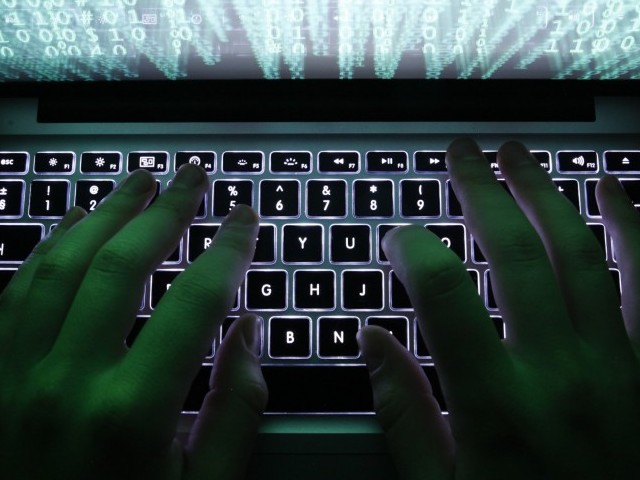
Addressing a news conference on Thursday, CGPA Executive Director Muhammad Anwar said the rules that should have been framed immediately after the law’s enactment are still awaited due to bureaucratic formalities.

Anwar hailed the significance of K-P RTI for indoctrination of democratic principles and strengthening public institutions. However, he blamed the government for offsetting its benefits by delaying the issuance of its rules of business.
Citing the progress, he said 233 citizens have filed complaints with the RTI commission so far. Of these, 135 cases have been resolved while 98 cases are yet to be decided.
Extending jurisdiction
Anwar also demanded the extension of the K-P RTI Act 2013 to the Provincially Administered Tribal Areas (Pata).
Passed almost a year ago, the act still does not encompass Pata which has given birth to a sense of deprivation amongst the people. Anwar said the citizens of Pata have no legal means to access information relevant to the public domain.
Article 246 of the Constitution of Pakistan identifies Swat, Upper and Lower Dir, Chitral, tribal areas of Kohistan and Malakand as Provincially Administered Tribal Areas. Shedding light on the dilemma, Anwar said that while Article 247 makes way for Pata lawmakers in the provincial assembly, it restricts their representation.

He added Article 19-A of the Constitution grants the right to information held by public bodies to every citizen, alleging the people of Pata are being denied a right approved by the law of the land.
He demanded amendments to all legal injunctions that act as a glass ceiling for the people of the tribal areas.
Hidden agenda?
Anwar said that the beneficiaries of the culture of secrecy are behind the delay in K-P RTI’s smooth implementation. He urged civil society and the media to remain vigilant of such elements and continue to raise awareness about a fundamental right of the people.
Published in The Express Tribune, December 5th, 2014.


1723278472-0/BeFunky-collage-(4)1723278472-0-165x106.webp)








COMMENTS
Comments are moderated and generally will be posted if they are on-topic and not abusive.
For more information, please see our Comments FAQ